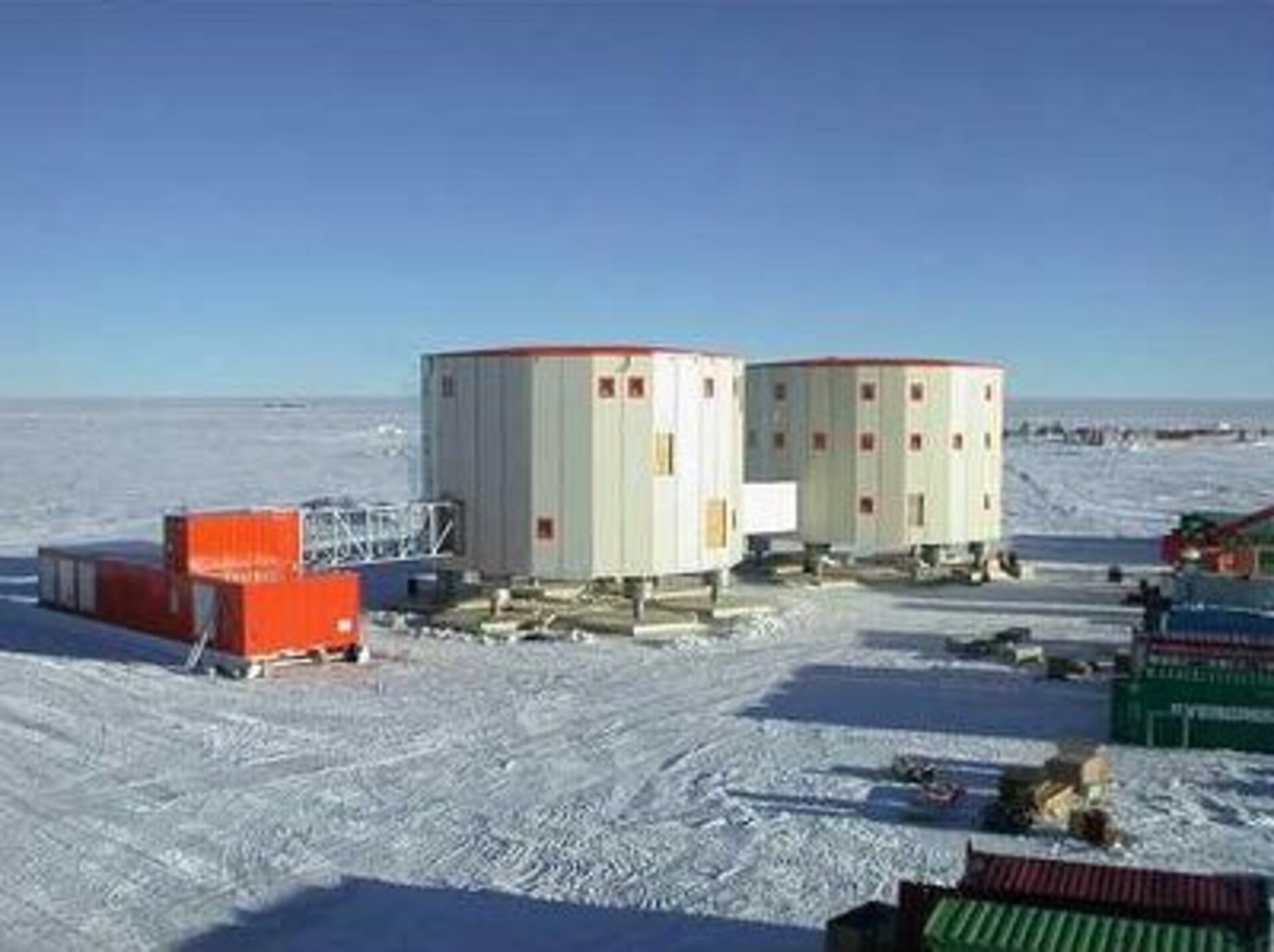Sleep & circadian rhythm
Altered natural rhythms
Although circadian rhythms are endogenous to every living organism on earth they are largely influenced by natural daylight. Thus in space, where the normal rhythm of daylight/night cycling no longer exists, these circadian rhythms are perturbed. This has an impact on quality of sleep and since quality of sleep is one of the determinants of human performance, it is of a particular importance in the context of spaceflight. In addition, it has been shown that chronic sleep deprivation can lead to immuno-deficiency. Complains about quality of sleep is one of the astronauts most commonly reported medical problem. Up to now the common remedy is the prescription of sleep pills.
Other aspects
Various factors can contribute to sleep disorders in space. Microgravity itself might be a problem: sleeping while free floating requires some strapping or motion prevention measures which might not be comfortable and requires adaptation. The day/night cycle that is generated by the artificial light is not as efficient as the natural daylight. The ISS is also a very noisy environment: all operational and life support systems are fitted with noise generating heat extraction fans. Physiological adaptation mechanisms that are taken place in the cardio-vascular, the cardiopulmonary, the neuro-sensory and the digestive systems, etc can also affect the quality of sleep. Operational constraints, like docking manoeuvres, often requires a shift of the normal sleep period by the crew.
Research & Development
Sleep studies have been conducted in space with the use of polysomnography recordings. This allows in-depth analysis of sleep architecture but, as it requires the setup of several electrodes on the skull, is not practical. Thus, sleep is now monitored with the help of a watch sleep-actigraph and questionnaires to assess quantity and subjective quality of sleep. Research aims to identify the various factors that can contribute to sleep disorders in space and development investigates the preventive and treatment solutions like the use of melatonin and/or other drugs.
Health related topics: sleep and aging, sleep deprivation, jet-lag, snoring, stress, cognitive performance.


